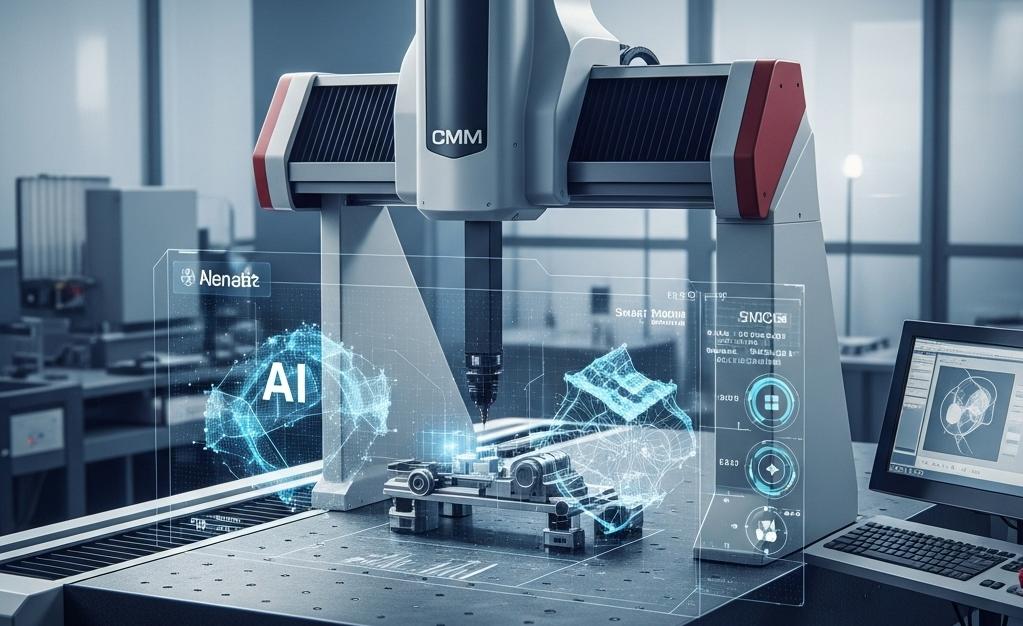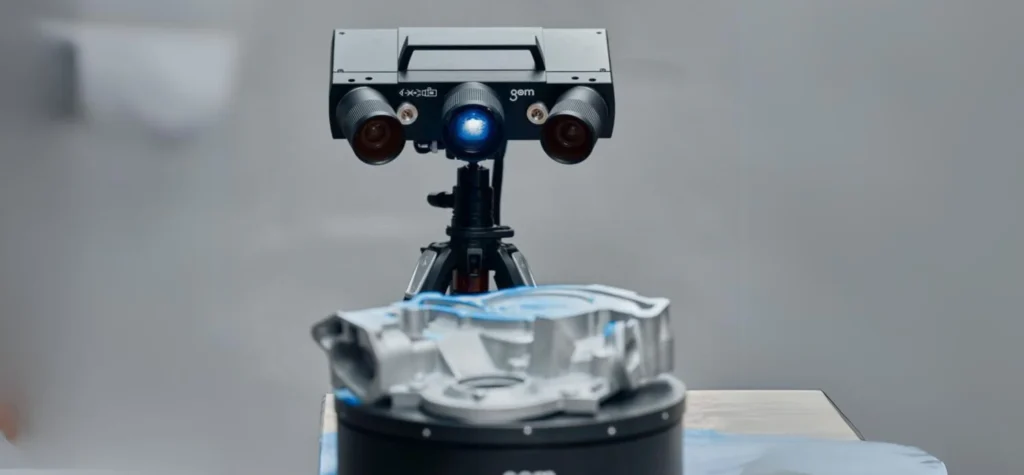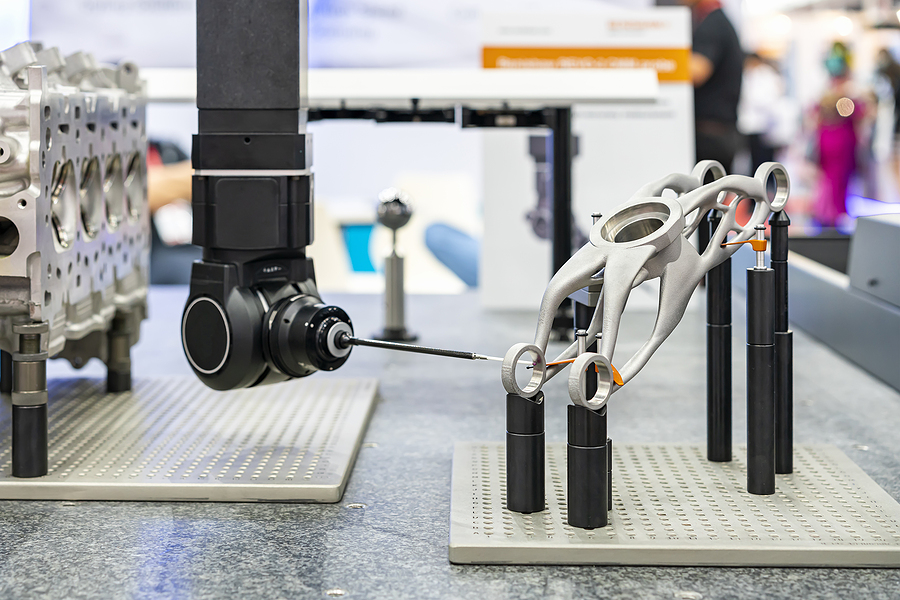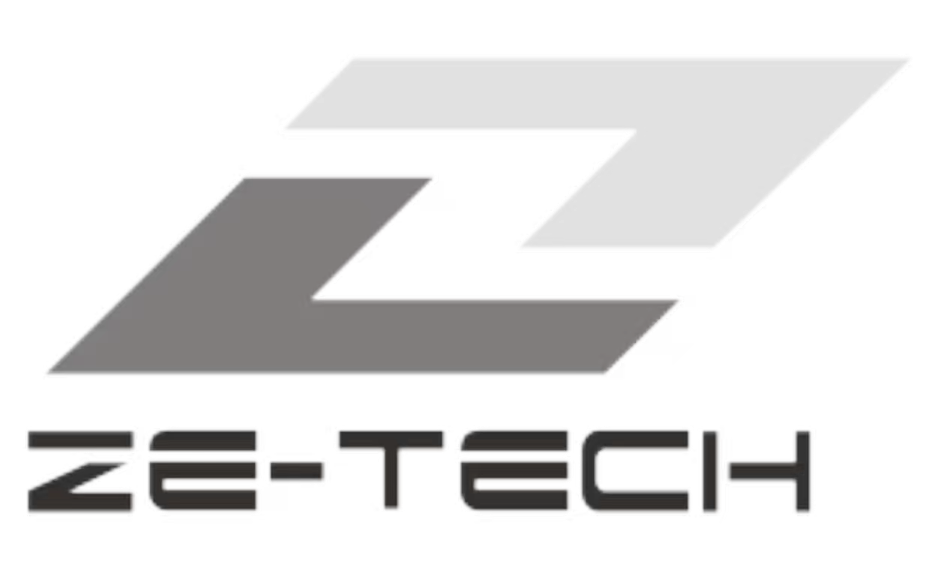Introduction
In precision manufacturing, where tolerances can reach the micron level, quality assurance (QA) is not an afterthought—it is the foundation of reliable production. From metrology systems to AI-powered inspection tools, modern QA processes ensure that parts meet functional, safety, and regulatory standards.
As industries like aerospace, medical devices, and electronics demand ever-higher accuracy, the integration of advanced metrology, digitalization, and AI inspection has transformed how manufacturers guarantee quality while optimizing efficiency.
Why Quality Assurance Matters in Precision Manufacturing
- Micron-Level Tolerances: A deviation of just 0.01 mm can compromise the functionality of an aerospace turbine blade or a surgical implant.
- Cost Efficiency: Early defect detection prevents scrap, rework, and production downtime.
- Regulatory Compliance: Standards such as ISO 13485 (medical devices) and AS9100 (aerospace) require documented quality checks.
- Customer Trust: Consistently high-quality parts strengthen brand reputation and long-term partnerships.

Core Methods of Quality Assurance
| Method | Application | Advantages | Limitations |
|---|---|---|---|
| Metrology (CMM, 3D Scanning) | Measurement of dimensions, surface flatness, and tolerances. | High precision, reliable for complex geometries. | Time-intensive for high-volume production. |
| Non-Destructive Testing (NDT) | Ultrasonic, X-ray, and dye penetrant testing for internal defects. | Detects hidden flaws without damaging the part. | Specialized equipment and expertise required. |
| In-Process Monitoring | Sensors embedded in CNC and molding machines to track tool wear and forces. | Real-time defect prevention, reduces scrap. | Requires integration with machine systems. |
| AI & Machine Vision | Automated image-based defect detection for surface finish and dimensional checks. | High-speed, scalable, adaptive learning. | Requires large data sets for training AI. |
The Shift from Traditional Metrology to AI Inspection
Traditional coordinate measuring machines (CMMs) and calipers are still widely used, but they are being complemented by:
- 3D Optical Scanners – Capture millions of data points for faster full-part validation.
- Inline AI Inspection Systems – Cameras with deep learning detect scratches, warping, or dimensional deviations instantly.
- Predictive Analytics – Machine learning predicts when quality drift may occur, enabling proactive corrections.
This evolution allows manufacturers to balance speed with precision while reducing manual labor.

Industry Applications
- Aerospace – QA ensures turbine blades meet aerodynamic tolerances and composites are free from microcracks.
- Medical Devices – Metrology validates implant geometry, while AI detects microscopic surface imperfections.
- Electronics – Automated vision systems check PCB soldering, alignment, and micro-component placement.
- Automotive – AI inspection validates welds, castings, and machined parts at high throughput.
Challenges in Quality Assurance
- Data Overload: Advanced inspection systems generate terabytes of data requiring efficient storage and analysis.
- High Initial Cost: Investment in CMMs, scanners, and AI inspection systems can be significant.
- Standardization Gaps: AI inspection models lack global standardization, making cross-industry adoption challenging.
Future of Quality Assurance in Precision Manufacturing
- Digital Twins + QA – Simulating inspection outcomes before physical testing.
- AI-Powered Predictive QA – Systems that anticipate failures before they happen.
- Cloud-Based QA Platforms – Collaborative inspection data sharing across supply chains.
- Autonomous QA Labs – Fully automated inspection cells powered by robotics and AI.

Conclusion
From traditional metrology tools to AI-driven inspections, quality assurance in precision manufacturing has evolved into a strategic enabler for efficiency, compliance, and innovation. Companies that embrace these technologies not only improve part quality but also reduce waste, optimize costs, and accelerate time-to-market.
As the industry shifts toward Industry 4.0 and smart factories, AI inspection, digital twins, and in-process monitoring will redefine how precision manufacturing maintains quality at scale.
What We Offer at Ze-tech Mold
At Ze-tech Mold, we provide end-to-end manufacturing services, including:
- CNC Machining & Turning
- 3D printing prototype
- sheet metal fabrication
- silicone vacuum casting
- Rapid Injection molding
- surface treatments
- PCB & PCBA
Whether you’re looking for precision CNC parts or custom prototypes, we provide tailored solutions for both low-volume and large-scale production. Get in touch with us today to discuss your project and see how we can bring your ideas to life.
